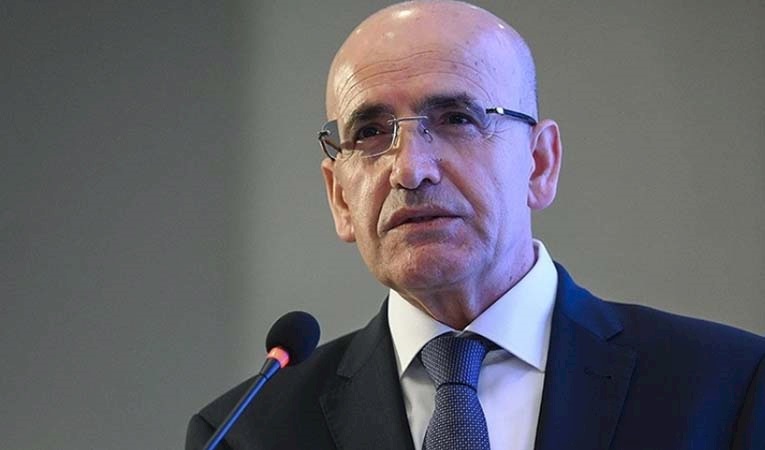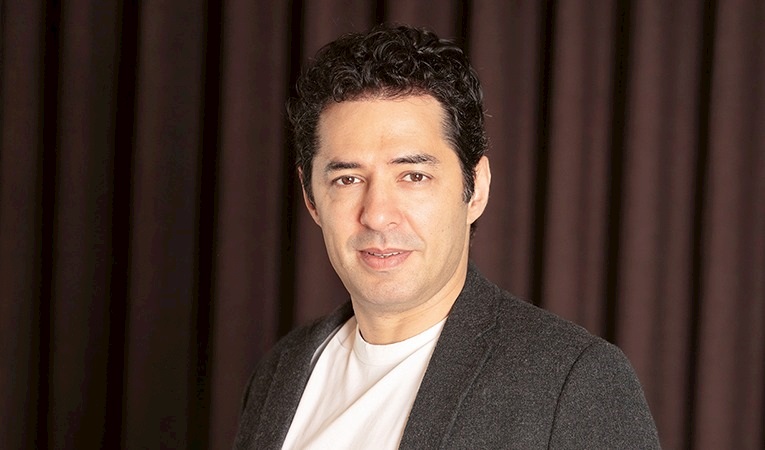
-
BIST 100
 10189,02%0,00En Düşük10103,74En Yüksek10307,02
10189,02%0,00En Düşük10103,74En Yüksek10307,02 -
DOLAR
 39,91%0,34Alış39,8994Satış39,9230En Yüksek39,9252
39,91%0,34Alış39,8994Satış39,9230En Yüksek39,9252 -
EURO
 47,06%0,27Alış47,0350Satış47,0862En Yüksek47,1370
47,06%0,27Alış47,0350Satış47,0862En Yüksek47,1370 -
EUR/USD
 1,18%-0,09Alış1,1788Satış1,1789En Yüksek1,1812
1,18%-0,09Alış1,1788Satış1,1789En Yüksek1,1812 -
ALTIN
 4304,26%0,26Alış4303,72Satış4304,80En Yüksek4318,59
4304,26%0,26Alış4303,72Satış4304,80En Yüksek4318,59
-
BIST 100
 10189,02%0,00En Düşük10103,74En Yüksek10307,02
10189,02%0,00En Düşük10103,74En Yüksek10307,02 -
DOLAR
 39,91%0,34Alış39,8994Satış39,9230En Yüksek39,9252
39,91%0,34Alış39,8994Satış39,9230En Yüksek39,9252 -
EURO
 47,06%0,27Alış47,0350Satış47,0862En Yüksek47,1370
47,06%0,27Alış47,0350Satış47,0862En Yüksek47,1370 -
EUR/USD
 1,18%-0,09Alış1,1788Satış1,1789En Yüksek1,1812
1,18%-0,09Alış1,1788Satış1,1789En Yüksek1,1812 -
ALTIN
 4304,26%0,26Alış4303,72Satış4304,80En Yüksek4318,59
4304,26%0,26Alış4303,72Satış4304,80En Yüksek4318,59
- Anasayfa
- Haberler
- Tüm Haberler
- The Risks That Scare The Chairwoman
The Risks That Scare The Chairwoman
“The failure to maintain budgetary discipline, uncertainty about the future and concerns about the sustainability of the public sector debt…” This is how Arzuhan Doğan Yalçındağ, the chairwoman of ...
“The failure to maintain budgetary discipline, uncertainty about the future and concerns about the sustainability of the public sector debt…” This is how Arzuhan Doğan Yalçındağ, the chairwoman of the most important non-governmental organization in Turkey, explains her worries about the economy. She thinks that, if a situation is created in which it is possible to predict macroeconomic developments and there is public sector financial discipline, Turkey will be able to benefit from the opportunities created by low inflation and low interest rates.
With almost 600 members, TÜSİAD is one of the most important NGOs representing the business community. For this reason, its statements, concerns and warnings are followed closely by governments and the business community. Arzuhan Doğan Yalçındağ is in her second term as chairwoman of TÜSİAD and her statements reflect the views of TÜSİAD members. We met with Chairwoman Arzuhan Doğan Yalçındağ to learn how the economy is going, to evaluate the messages from TÜSİAD members and to learn which risk elements worry the members of this large organization.
TÜSİAD Chairwoman Arzuhan Doğan Yalçındağ discussed with Capital the issues which concern her, the elements which she sees as risk factors and her opinions about the economy.
Here are Yalçındağ’s responses to our questions:
* How did Turkey fare during the first half of 2009? What kind of information and signals are you receiving from the markets and from your members?
The capacity utilization ratio, which had been rising since February, reached 72.7 percent in June before declining by 0.4 points to 72.3 percent in July. The industrial production index adjusted for seasonal and calendarial effects, which has again begun to be published by TURKSTAT, had been steadily falling according to the previous month since April 2008, but began to rise from April and May onwards, only for this trend to halt and for the index to begin to decline again in June. The studies we have conducted amongst our members show similar results. It looks as if it will be difficult for the economy to sustain the recovery of the second quarter of the year.
* Out of the signals you are receiving, which is the indicator which encourages you the most?
The indicators for the world economy indicate that a global collapse was prevented. Market, production, trade, employment, real sector and consumer confidence indices from the economies of the world point to an overall improvement. The data are more positive than expected and the recovery looks as if it will be better than anticipated. A rapid recovery has been observed in the countries of Asia as a result of the economic stimulus measures that were taken. In China, the growth rate rose from 6.1 percent in the first quarter to 8 percent in the second quarter. This growth has a positive impact on the economies of the other countries in the Asia region. The decline of interest rates to single figures and the fall in inflation to 5.4 percent are extremely pleasing.
* What do you see as the greatest risk to Turkey at the moment?
Turkey has crossed a historic threshold in its struggle with inflation, and it must not allow inflation to rise again. If there appears to be a risk of a rise in inflation, then the Central Bank will look to increase interest rates. In the short term, this could result in the appreciation of the Turkish Lira and an amelioration of the effects of the global crisis, but it could also result in a decline in export opportunities and the reappearance of the problem of the current account deficit.
Türkiye ve dünya ekonomisine yön veren gelişmeleri yorulmadan takip edebilmek için her yeni güne haber bültenimiz “Sabah Kahvesi” ile başlamak ister misiniz?






